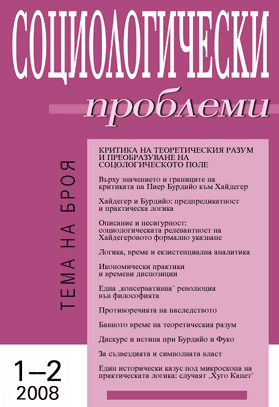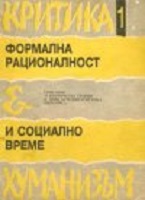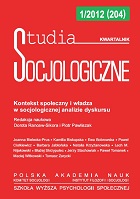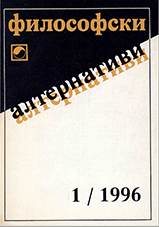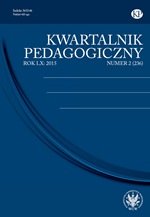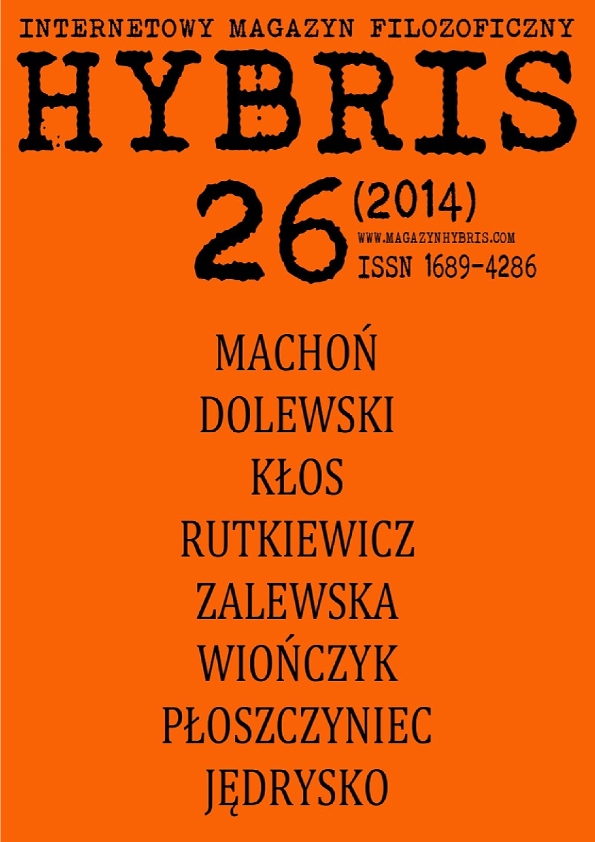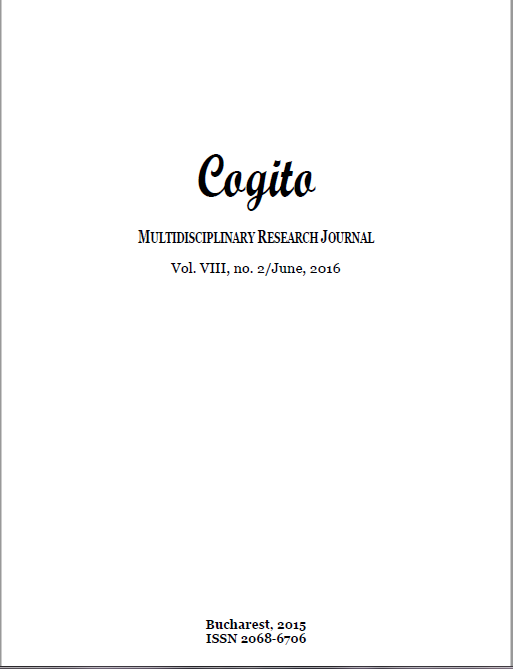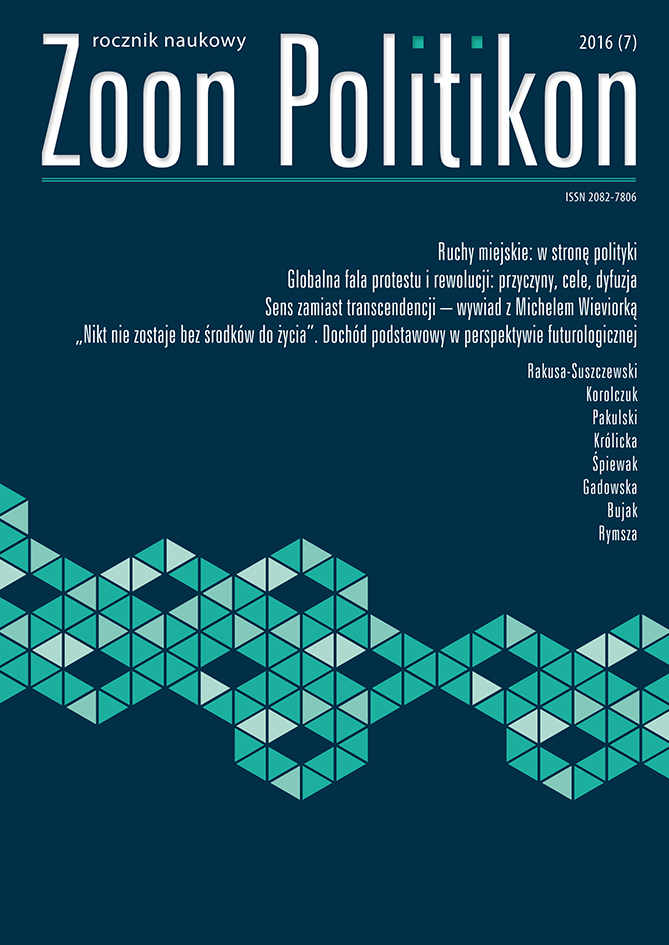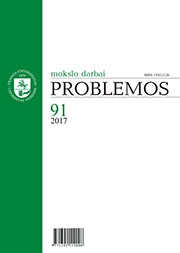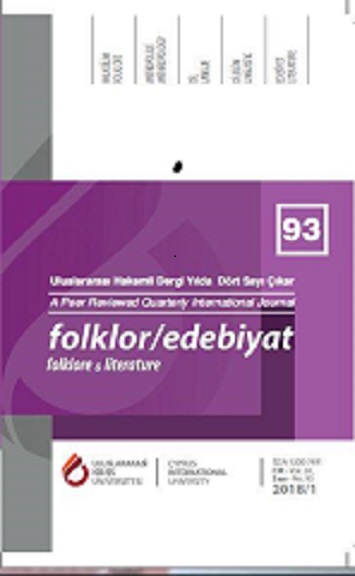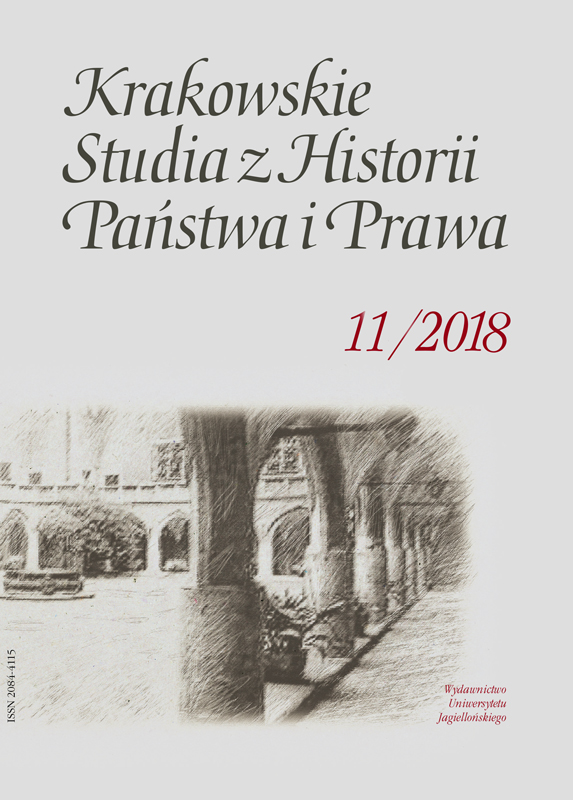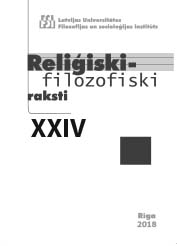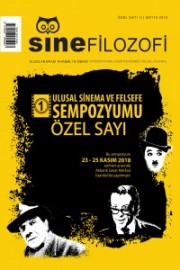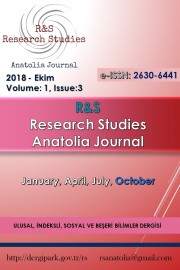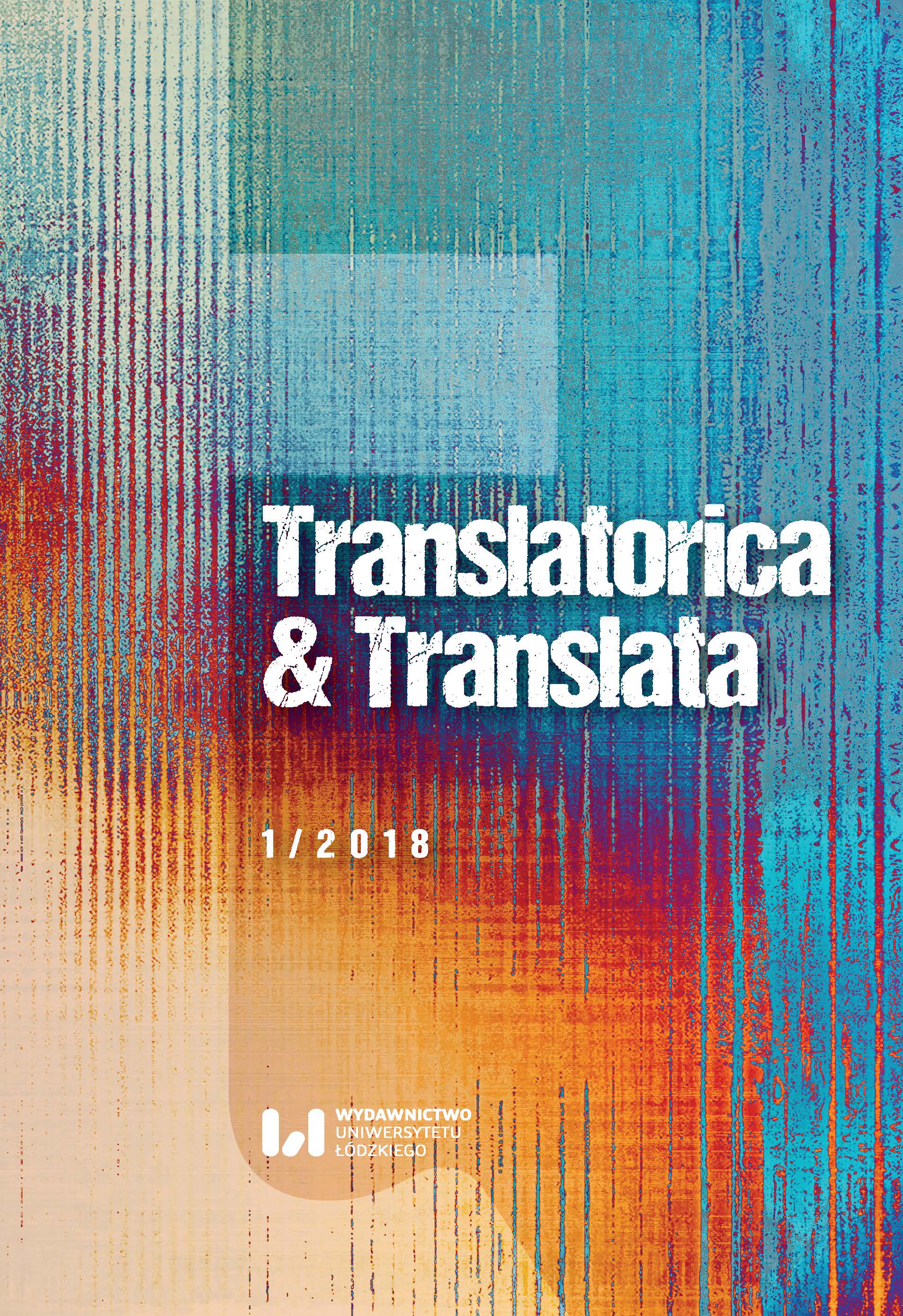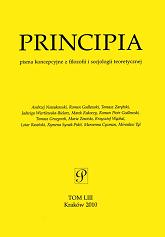
Dyskursywna koncepcja władzy. Foucault i Laclau o dyskursie, podmiocie i władzy
Dyskursywna koncepcja władzy. Foucault i Laclau o dyskursie, podmiocie i władzy
Keywords: Principia; philosophy; logic; theoretical sociology
Prezentowany artykuł jest efektem rozważań, jakie przeprowadziłem w swojej dysertacji doktorskiej, zatytułowanej "Hegemonia i społeczeństwo. Analiza i rekonstrukcja dyskursywnej teorii władzy". Zbyt długi namysł nad formą publikacji całości dysertacji – co doprowadziło do dezauktualizacji pewnych jej fragmentów – skłonił mnie ostatecznie do publikacji czegoś w rodzaju „rekapitulacji”, która zaprezentuje jej, moim zdaniem, najważniejsze rezultaty.
More...
